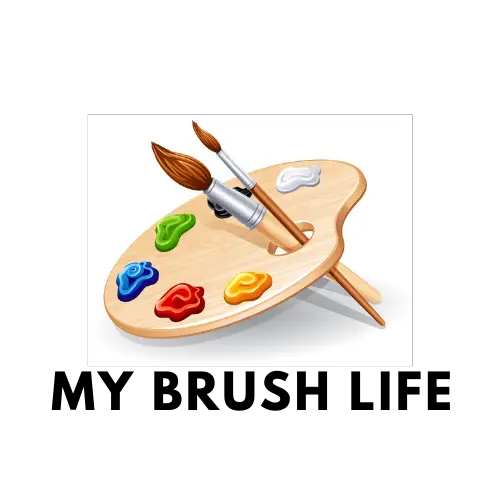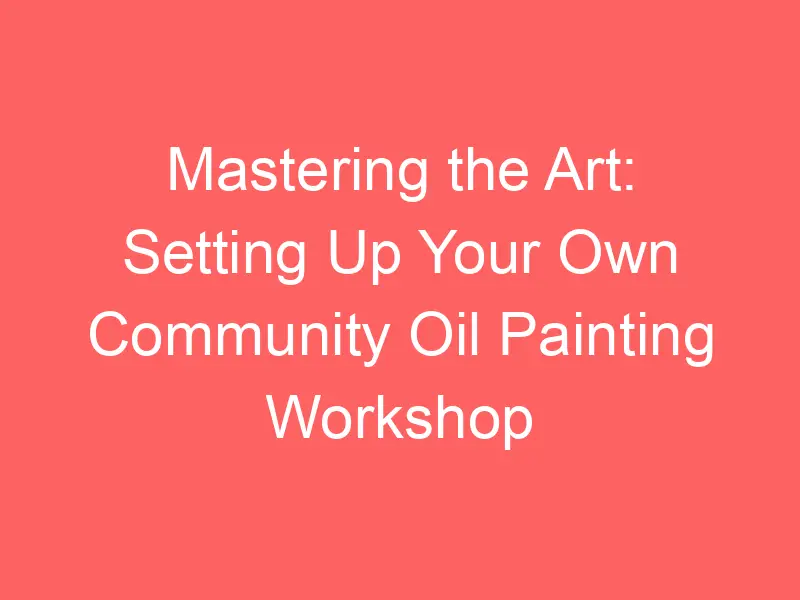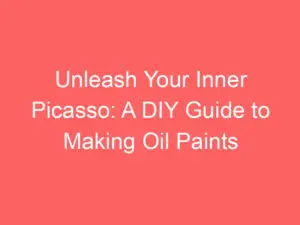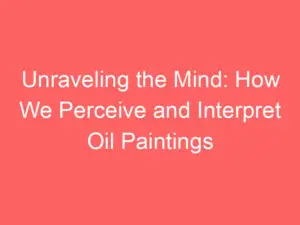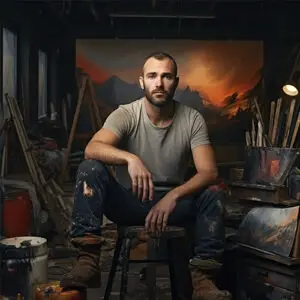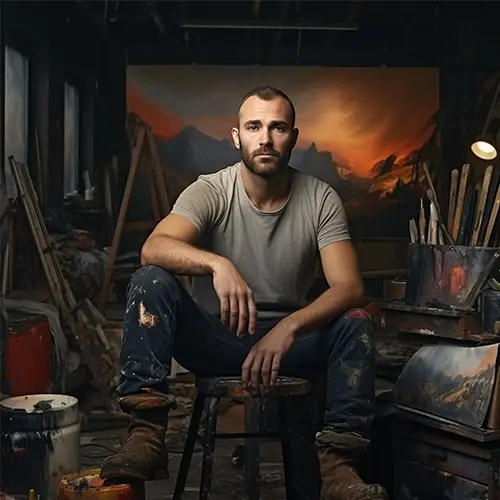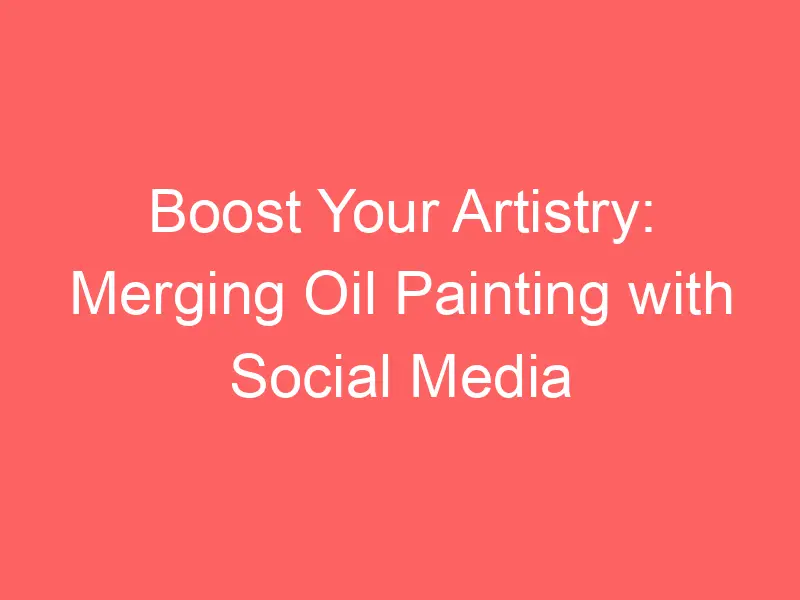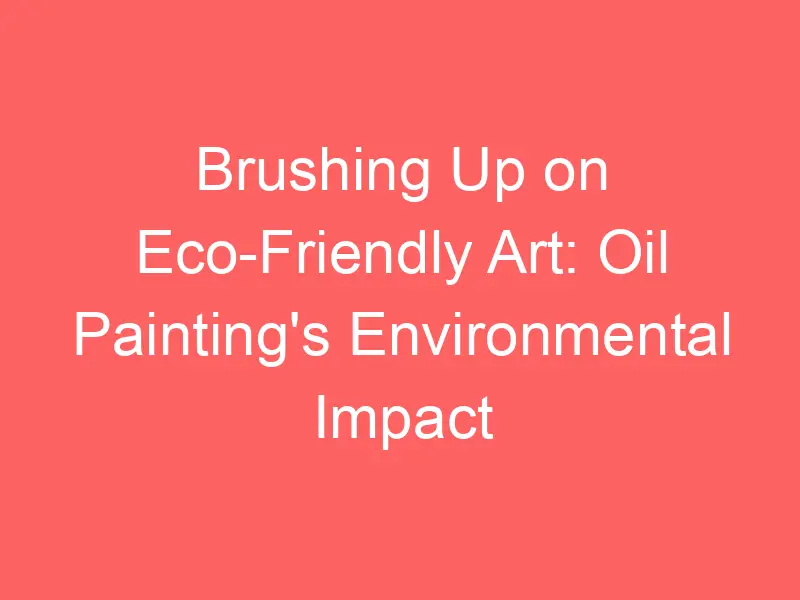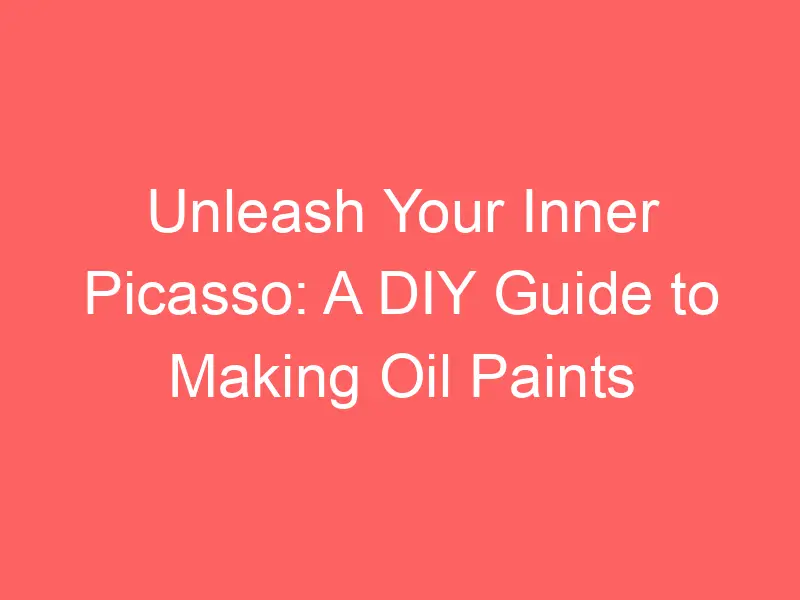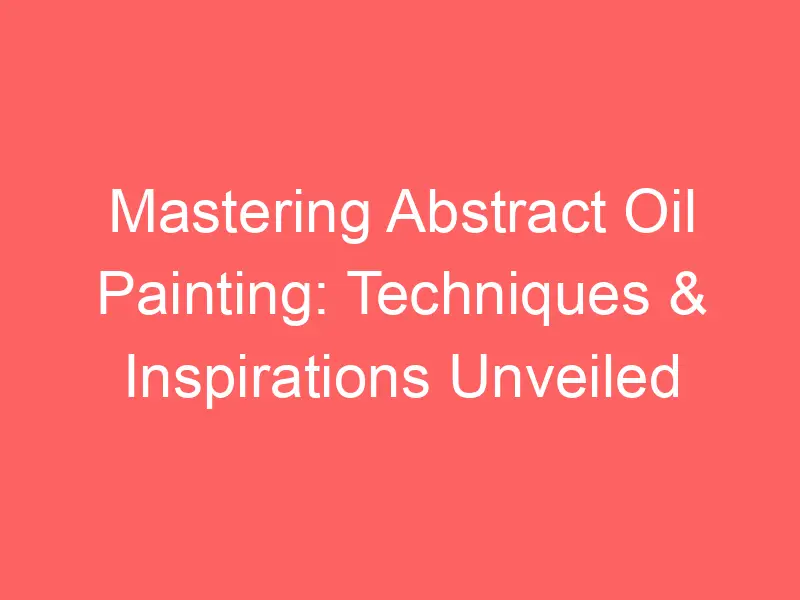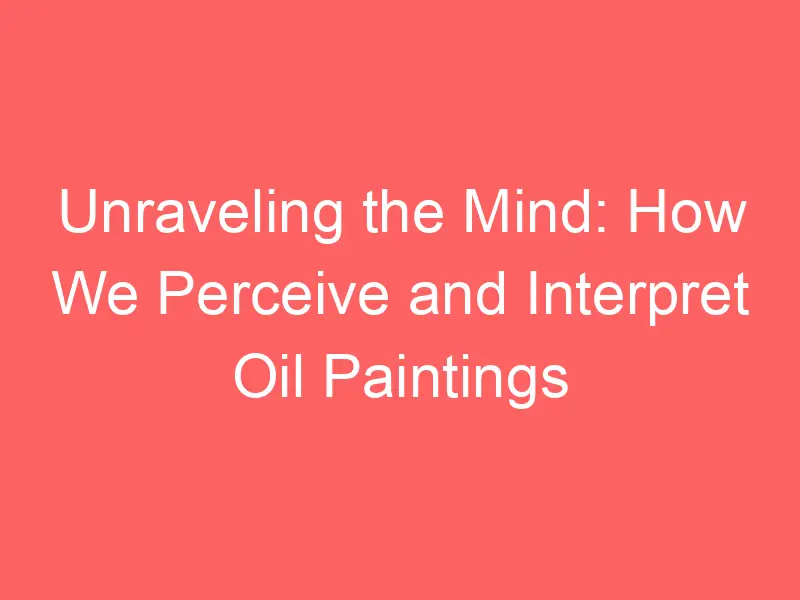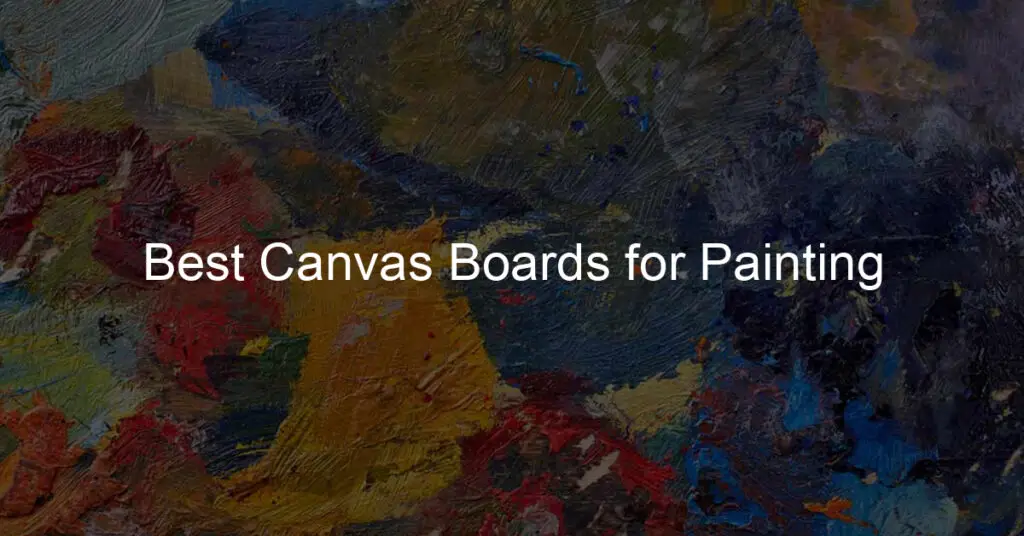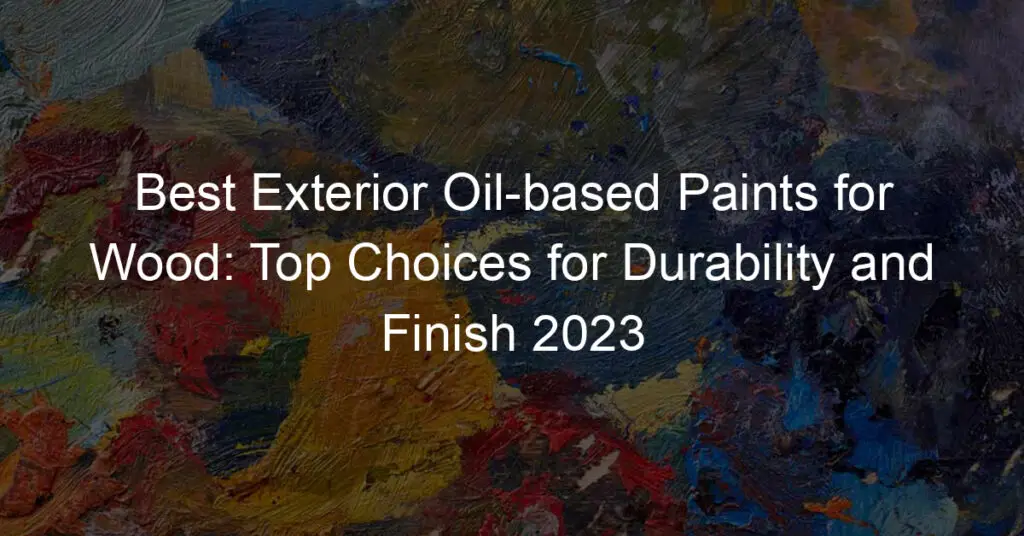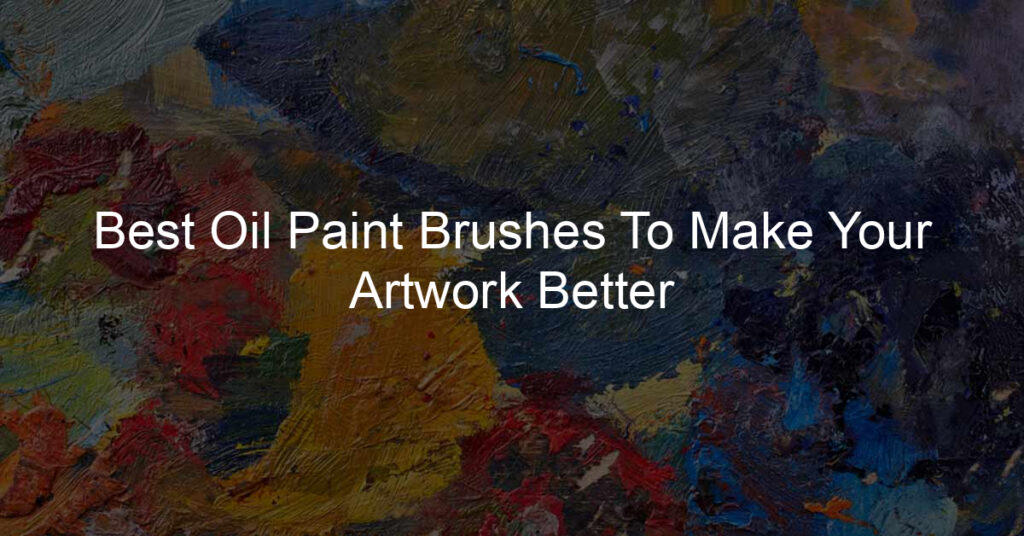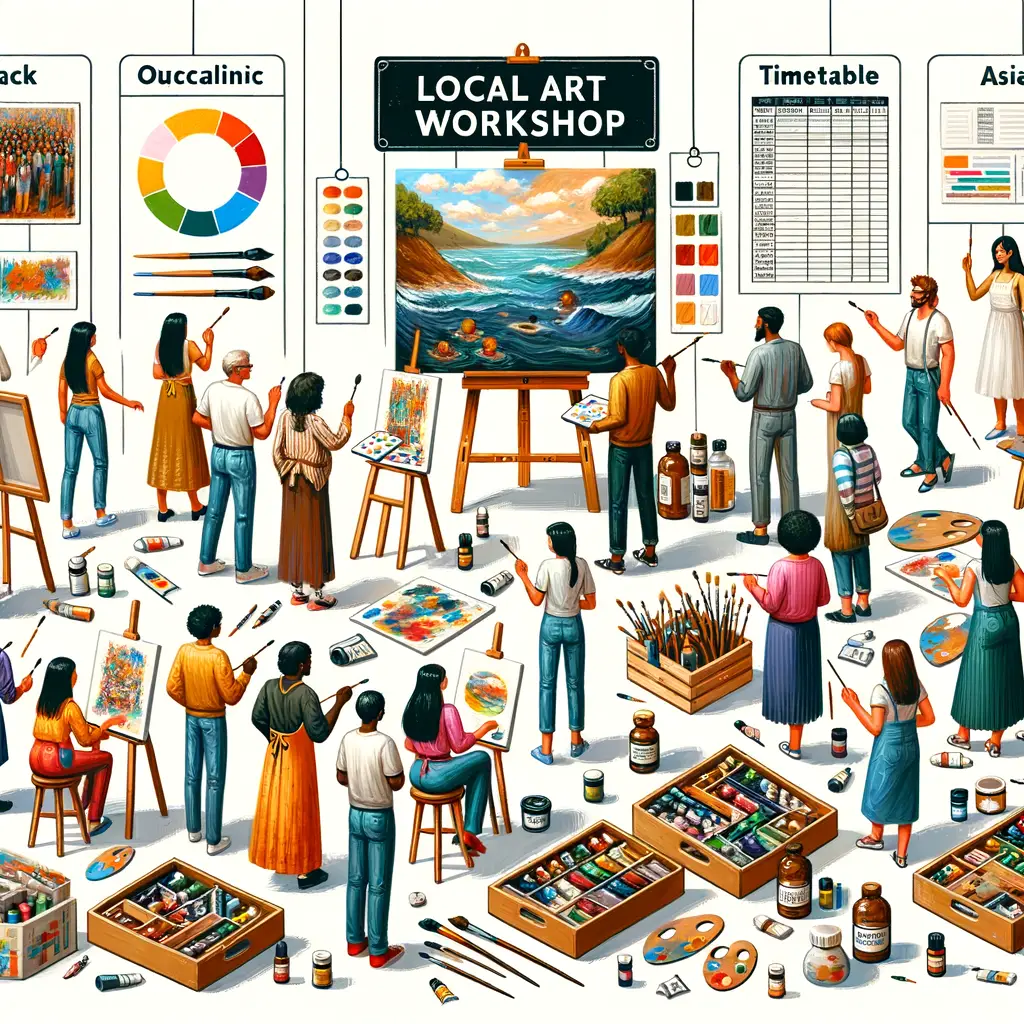
Introduction to Community Oil Painting Workshop
Welcome to the world of community art workshops! These are special places where people come together to learn, create, and share their love for art. In this post, we will focus on oil painting workshops and how they can benefit your community.
- Understanding the concept of community art workshops
- Importance of art education in the community
- Benefits of organizing local art workshops
Community art workshops are gatherings where people of all ages and skill levels come together to create art. These workshops are not just about learning new skills, but also about building relationships and fostering a sense of community. They provide a platform for people to express themselves creatively and learn from each other. Community arts are a wonderful way to bring people together and promote cultural understanding.
Art education plays a vital role in the community. It helps individuals develop critical thinking skills, boosts self-esteem, and encourages creativity. Studies have shown that art education can improve academic performance and even contribute to emotional well-being. By organizing community art workshops, you are not only promoting art but also contributing to the overall development of your community members.
Organizing local art workshops can have numerous benefits. They provide a platform for local artists to showcase their talent and for community members to learn new skills. These workshops can also stimulate local economies by attracting visitors and promoting local businesses. Additionally, they can help build a sense of community and promote cultural understanding.
In the following sections, we will guide you through the process of planning, executing, and following up on your community oil painting workshop. So, let’s dive in and start making a difference in our communities through art!
Planning Your Community Oil Painting Workshop
Planning a community oil painting workshop can be a rewarding experience. It brings people together, fosters creativity, and enhances the cultural fabric of your community. Here are some steps to help you organize a successful workshop.
Art Workshop Planning
- Identifying your target audience
- Setting up a budget
- Choosing a suitable venue
- Planning the workshop schedule
Before you start planning, it’s essential to identify who your workshop is for. Is it for children, adults, seniors, or a mix of all ages? Are they beginners, intermediate, or advanced painters? Knowing your audience will help you tailor the workshop to their needs and interests.
Workshops require funding for materials, venue, and possibly, a facilitator’s fee. Outline all potential expenses and create a budget. Consider seeking sponsorships or grants, or charging a small fee to cover costs.
The venue should be accessible, well-lit, and spacious enough for participants to paint comfortably. Community centers, schools, or local art galleries often have suitable spaces. Ensure the venue has facilities for cleaning brushes and disposing of paint safely.
Plan a schedule that includes time for instruction, painting, breaks, and a final session for sharing and feedback. Consider the needs of your audience when scheduling. For instance, workshops for children or seniors might need to be shorter or spread over several sessions.
With careful planning, your community oil painting workshop can be a memorable and enriching experience for all participants. Remember, the goal is not just to teach painting techniques, but also to foster a sense of community and shared creativity.
Oil Painting Workshop Ideas
When planning your community oil painting workshop, it’s important to consider a variety of workshop ideas. These ideas can cater to different interests, skill levels, and learning objectives. Here are some ideas to inspire your planning:
- Thematic Workshops
- Workshops for Different Skill Levels
- Workshops Focusing on Specific Oil Painting Techniques
Thematic workshops are a great way to engage participants. They allow artists to explore a specific theme or subject matter in depth. For example, you could host a workshop focused on landscapes, portraits, or abstract art. This not only helps participants to hone their skills in a specific area but also allows them to create a cohesive body of work. According to a study, thematic learning increases student engagement and understanding.
Not all participants will be at the same skill level. Some may be beginners, while others may be more advanced. By offering workshops for different skill levels, you can ensure that everyone is learning at a pace that suits them. For instance, a beginner’s workshop could cover the basics of oil painting, while an advanced workshop could delve into more complex techniques.
Oil painting is a versatile medium with a variety of techniques to explore. Workshops focusing on specific techniques can help participants to expand their skill set. For example, you could host a workshop on glazing, a technique that involves applying thin layers of transparent oil paint to create depth and luminosity. Or, you could focus on impasto, a technique that involves applying paint thickly to create texture. According to the Wikipedia, these techniques can significantly enhance the visual appeal of a painting.
In conclusion, when planning your oil painting workshop, consider incorporating a mix of thematic workshops, workshops for different skill levels, and workshops focusing on specific techniques. This will ensure a rich and diverse learning experience for all participants.
Executing Your Community Oil Painting Workshop
Now that you’ve planned your community oil painting workshop, it’s time to execute it. This section will guide you through the process of running community painting classes, including setting up the class environment, teaching oil painting for beginners, and managing class dynamics.
Community Painting Classes
Community painting classes are a great way to bring people together and foster a sense of community. Here’s a step-by-step guide on how to run these classes:
- Setting up the class environment
- Teaching oil painting for beginners
- Managing class dynamics
First, you need to set up a conducive environment for learning. This includes arranging tables and chairs, setting up easels, and ensuring there’s enough light. Make sure to have all the necessary materials, such as brushes, oil paints, and canvases, ready for the students. A well-organized environment can greatly enhance the learning experience.
Teaching oil painting to beginners can be a rewarding experience. Start with the basics, such as how to mix colors and how to apply paint to the canvas. Use simple language and demonstrate each step clearly. Remember, the goal is to make the process enjoyable and not overwhelming for the beginners.
Managing class dynamics is crucial in maintaining a positive learning environment. Encourage students to interact with each other and share their work. Be attentive to the needs of each student and provide constructive feedback. Remember, a positive and supportive environment can greatly enhance the learning experience.
In conclusion, executing a community oil painting workshop requires careful planning and management. But with the right approach, it can be a rewarding experience for both you and the participants. So, get ready to bring out the artist in your community!
Community Art Events
As part of executing your community oil painting workshop, it’s important to incorporate community art events. These events not only showcase the talents of the participants but also foster a sense of community and appreciation for art. Let’s delve into the various types of events you can organize.
-
Organizing Art Exhibitions
Art exhibitions are a fantastic way to display the work of your workshop participants. It allows them to share their creations with the public, receive feedback, and gain confidence in their artistic abilities. According to a Wikipedia article, art exhibitions have a long history of fostering community engagement and promoting the appreciation of art. To organize a successful exhibition, you’ll need to select a suitable venue, curate the artwork, and promote the event effectively.
-
Hosting Art Competitions
Art competitions can be a fun and exciting way to encourage creativity and healthy competition among workshop participants. It can also provide an opportunity for artists to gain recognition and possibly win prizes. Make sure to establish clear rules, categories, and judging criteria to ensure a fair competition. Remember, the goal is to inspire creativity and enjoyment, not to create undue pressure or stress.
-
Arranging Art Appreciation Sessions
Art appreciation sessions can help participants develop a deeper understanding and love for art. These sessions could involve discussing famous artworks, exploring different art styles and techniques, or even inviting local artists to share their experiences. Such sessions can enrich the participants’ knowledge and inspire them to experiment with new ideas in their own artwork.
In conclusion, incorporating community art events into your workshop can greatly enhance the experience for participants. It provides opportunities for them to showcase their work, engage in friendly competition, and deepen their understanding and appreciation of art.
Post-Workshop Activities
After the completion of your community oil painting workshop, it’s essential to keep the momentum going. The post-workshop activities are just as important as the workshop itself. They help in maintaining the interest of the participants and engaging the community further. Let’s delve into some of these activities.
Engaging the Community
Keeping the community engaged after the workshop can lead to a sustained interest in art. This can be achieved through various activities such as:
- Collecting feedback: Feedback is a crucial part of any workshop. It helps you understand what worked and what didn’t. You can collect feedback through surveys or one-on-one conversations. This will not only help you improve future workshops but also show the participants that their opinion matters. According to a Wikipedia article, feedback can be instrumental in improving performance and achieving goals.
- Organizing follow-up workshops: Follow-up workshops are a great way to keep the community engaged. They provide an opportunity for participants to hone their skills further and explore new techniques. For instance, a follow-up workshop could focus on advanced oil painting techniques or a different art form altogether. The key is to keep the content fresh and exciting.
- Creating a community art network: Creating a community art network can foster a sense of belonging among the participants. This network can serve as a platform for sharing ideas, showcasing art, and organizing future workshops. It can also help in promoting local artists and creating a vibrant art scene in the community.
In conclusion, post-workshop activities play a crucial role in sustaining the interest generated by the workshop. They provide an opportunity to engage the community further and create a lasting impact.
Conclusion: The Impact of Community Art Workshops
As we wrap up our discussion on community oil painting workshops, let’s take a look at the broader picture. The impact of these workshops goes beyond the canvas. They foster creativity, build community bonds, and can even contribute to local economies. Let’s delve into some successful case studies and key takeaways for organizing your own workshop.
- Case studies of successful community art workshops
- Key takeaways for organizing your own community oil painting workshop
- Plan Ahead: A well-planned workshop is a successful workshop. Make sure to have a clear agenda, enough supplies, and a comfortable space.
- Engage the Community: Get local businesses, schools, and organizations involved. This not only helps with funding and resources but also ensures a diverse group of participants.
- Focus on Skill-Building: While the end product is important, the process of learning and creating is even more so. Make sure your workshop focuses on teaching new skills and techniques.
- Follow Up: Don’t let the momentum die after the workshop ends. Plan follow-up activities, exhibitions, or even another workshop to keep the community engaged.
One shining example of a successful community art workshop is the Artists for Humanity program in Boston. This program not only teaches art skills to young people but also provides them with job opportunities. The result? A thriving community of young artists contributing to their local economy and culture.
Another inspiring case is the Artspace project in Minneapolis. This project transformed abandoned buildings into vibrant art studios, providing a platform for local artists and revitalizing the community.
Organizing a successful community oil painting workshop is no small feat. Here are some key takeaways from our discussion:
In conclusion, community art workshops, particularly oil painting ones, can have a significant impact on individuals and communities. They foster creativity, build community bonds, and can even contribute to local economies. With careful planning and execution, you can organize a successful workshop in your own community. Remember, the goal is not just to create art, but to create connections and opportunities.
